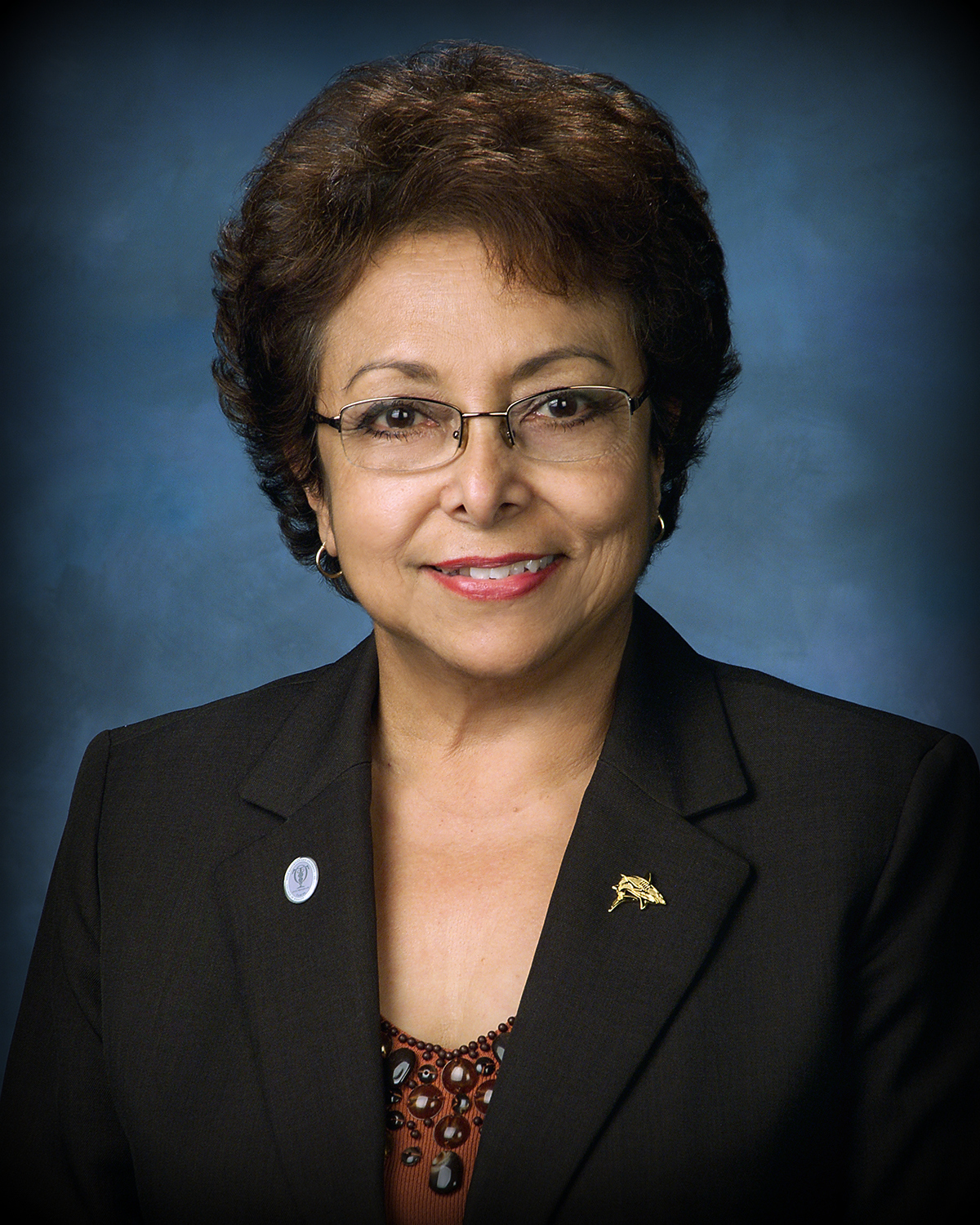Measuring Florida Occupational Therapists’ Interest and Feasibility in Providing Therapy Services to Majority World Nations
Measuring Florida Occupational Therapists’ Interest and Feasibility in Providing Therapy Services to Majo rity World Nations
rity World Nations
“The difference between what we do and what we are capable of doing would suffice to solve most of the world’s problems” -Mahatma Ghandi
The world has become a global society with the ability to achieve an interconnected community. The problem is the world has a global view without global support. Resources are available yet avenues to bring resources abroad in a safe, effective way are scarce. Third world nations, also known as majority world nations or developing world nations, have deficits in care, education, and equipment. Occupational rights are such an integral part of American and European society that the Office of Public Sector Information and the United States Department of Justice have put laws in place for people with disabilities guaranteeing equal access to education, employment, and public buildings and activities. Developed nations have funding that support large amounts of rehabilitation research, development of technology that support mobility, cognition, and sensory while health as a right is very difficult for marginalized populations. Inequitable distribution of health opportunities globally is a major factor in health deficits. It is a joint responsibility of both domestic and external governments to fulfill health rights of majority world citizens (Barugahare & Lie, 2016; Reynolds, 2010). There is a lack of awareness of this need, lack of therapists available to provide services, and lack of safe, economical methods to bring relief to these countries.
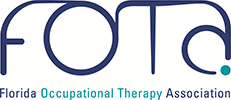
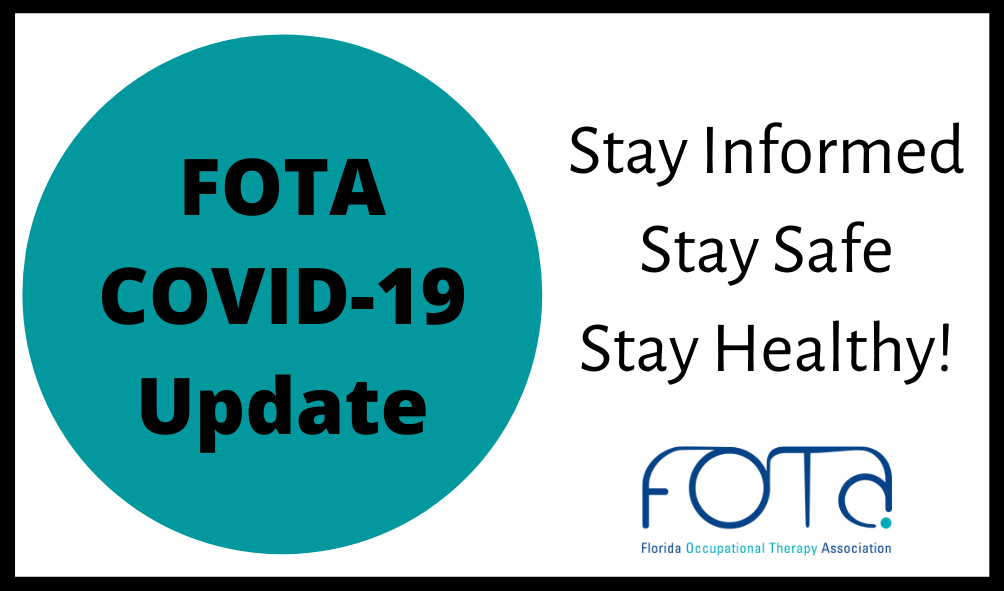
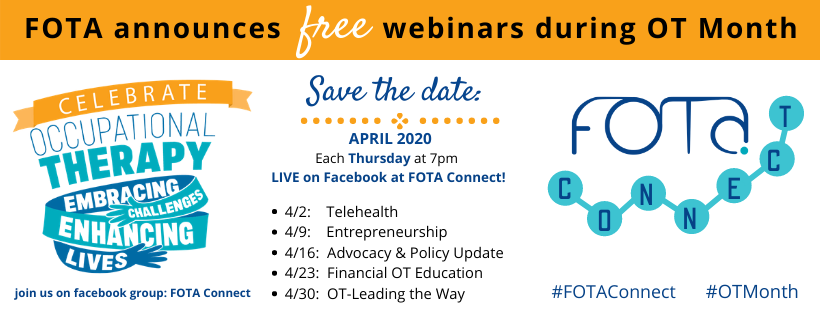


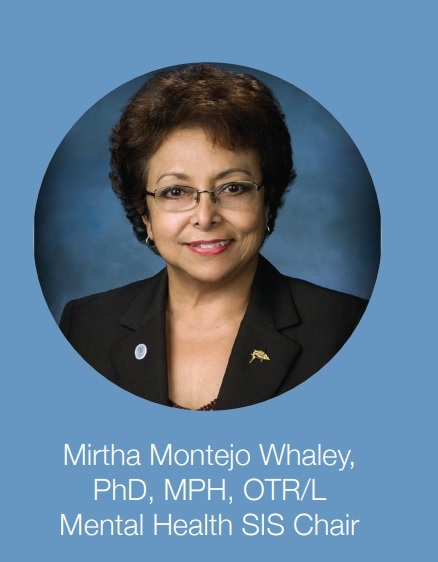
 Florida Occupational Therapy Association
Florida Occupational Therapy Association 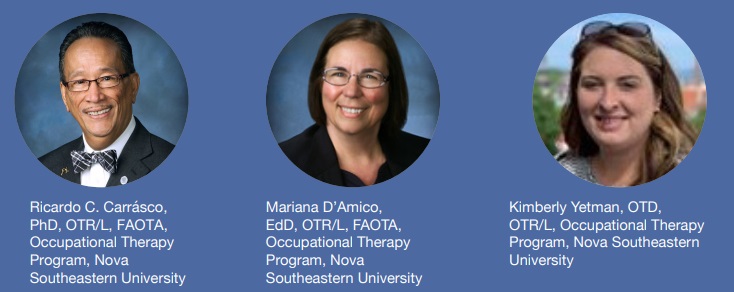


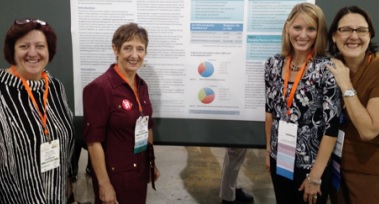 By Susan Hermes, OTD, BCP, OTR/L and Elena Vizvary, MS, OTR/L
By Susan Hermes, OTD, BCP, OTR/L and Elena Vizvary, MS, OTR/L

